I currently have this WEB API running locally:
// POST api/CsvParse
[HttpPut]
public void Put([FromBody]string value)
{
if (string.IsNullOrEmpty(value))
throw new Exception("Input is null or empty.");
}
I currently have it running locally, and am sending a string to the put using POSTMAN. I have selected the body tab, and have the string pasted into the raw body tab:
It states that my text is unsupported, or when I add a break point the value is null or I get the error describing the format is incorrect.
What am I doing wrong?

